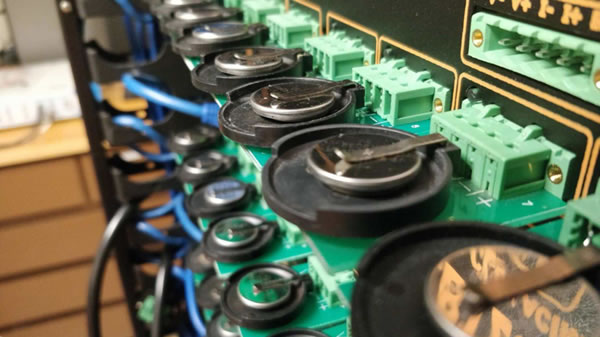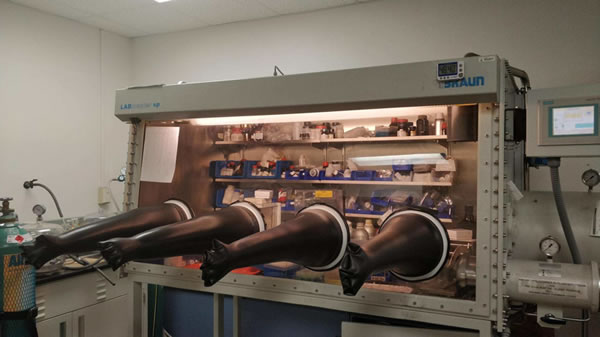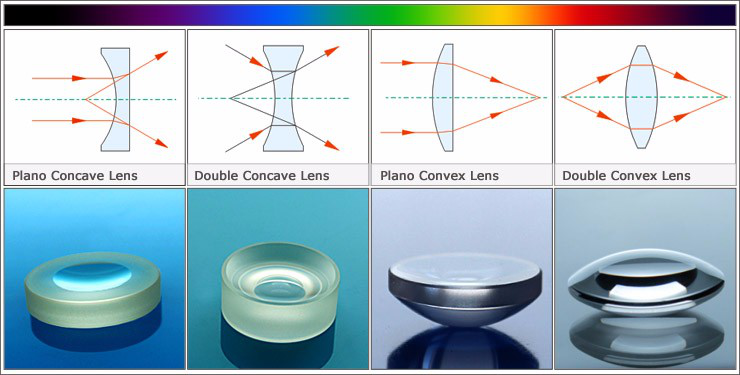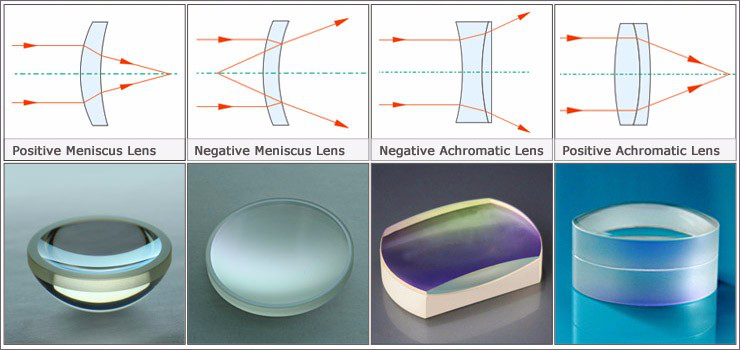Lithium-sulfur batteries are hailed as the next-generation battery technology, which is expected to make mobile phones, electric vehicles and other products last longer, and compared with current lithium-ion batteries, such batteries can be produced in a more environmentally friendly manner and in a sustainable manner. However, the service life of such batteries is shorter than that of lithium-ion batteries, and will deteriorate over time. According to foreign media reports, a team of researchers at the Cockrell School of Engineering at The University of Texas at Austin has found a way to make the most of lithium-sulfur batteries One of the challenging parts stabilized and accelerated the commercialization of lithium-sulfur battery technology. The research results of the researchers show that creating an artificial tellurium layer in situ inside the battery and covering it with metal lithium can extend the service life of the battery by 4 times. Lithium is a reactive element that will decompose other elements around it. Each charge-discharge cycle of a lithium-sulfur battery will form needle-like moss deposits on the lithium metal anode (battery negative electrode), causing a reaction that will cause the overall battery degradation. The deposit will decompose the electrolyte that transports lithium ions back and forth, and may trap some lithium, so that the electrode cannot provide enough energy to allow the battery to be used for a long time. In addition, this reaction can also cause a short circuit in the battery and may cause a fire. The artificial tellurium layer formed on the lithium electrode can protect the electrolyte from degradation, and reduce the moss structure formed during charging and trapping lithium. The researchers said that this method can also be applied to other lithium-based batteries and sodium-based batteries, and has applied for a temporary patent for this technology. In addition, the stable layer can be formed by a simple in-situ process without the need for expensive or complicated pretreatment or the use of a lithium metal anode coating process. Solving the instability of lithium-sulfur batteries is the key to prolong their service life and make them more widely used. Researchers say that lithium-sulfur batteries are now best suited for devices that require light batteries, and can run for a long time on a single charge without multiple charge cycles, such as drones. In addition, such batteries also have the potential to play an important role in extending the range of electric vehicles and increasing the adoption rate of renewable energy. Compared with the current lithium-ion battery, the charging capacity of the positive and negative electrodes of the lithium-sulfur battery is 9 times higher, which means that a single charge can be used for a longer time. Sulfur is a by-product of the oil and gas industry and has abundant reserves, so the production cost of such batteries is also very low. In addition, sulfur is more environmentally friendly than metal oxide materials in lithium-ion batteries. (Yu Qiuyun) Optical Lenses are optical components designed to focus or diverge light. Optical Lenses, which may consist of a single or multiple elements, are used in a wide variety of applications from microscopy to laser processing.
Optical glass lenses have a wide variety of applications. Germanium (Ge), Silicon (Si), or Zinc Selenide (ZnSe) lenses are ideal for transmitting the Infrared (IR) spectrum, while Fused Silica is well suited for the Ultraviolet (UV).
Plano Concave Lens Concave Lens,Plano Concave Lens,Concave Cylindrical Lens,Plano Concave Lenses ChangChun Worldhawk Optics Co.,Ltd , https://www.worldhawk-optics.com
(Source: University of Texas at Austin) 
(Source: University of Texas at Austin)
Worldhawk can supply high precision Plano Convex Lens, Double Convex Lens , Plano Concave Lens, Double Concave Lens, Meniscus Lens , Achromatic Lens and Aspheric Lens.

